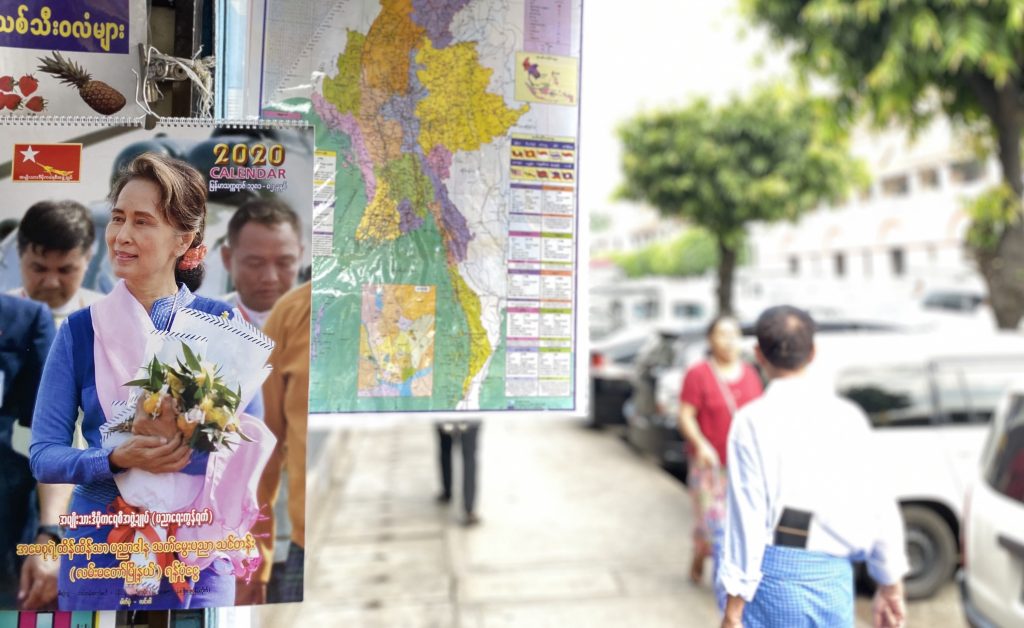Aung San Suu Kyi to Defend Burma’s Military Against Genocide Charges

Burma’s State Counsellor Aung San Suu Kyi is currently in the Hague to answer to allegations of genocide at the International Court of Justice. The former human rights icon and long-term challenger of the military rule in Burma will thus defend the military against well-documented claims of genocide.
Long history of persecution against the Rohingya
In 2018, a UN initiated Fact-Finding Mission on Myanmar reported that the persecution against the Muslim minority group Rohingya by the Burmese military could constitute genocide. The Fact-Finding Mission stated in a report that “senior generals of the Myanmar military should be investigated and prosecuted in an international criminal tribunal for genocide, crimes against humanity and war crimes”.
The history of discrimination and persecution against the Rohingyas is long, but the genocide charges against the Military are based on two violent “clearance operations” initiated in 2016 and 2017. The extensive violence led to the displacement of more than 700 thousand Rohingyas after August 2017; the vast majority fled to neighbouring Bangladesh.
In 2019, the Fact-Finding Mission on Myanmar further concluded that Burma has failed to comply with the 1948 Genocide Convention. According to the definition in the 2018 report, “genocide is when a person commits a prohibited act with the intent to destroy, in whole or in part, a national, ethnical, racial or religious group as such”.
“Brave leader”
In November 2019, a case was filed to the International Court of Justice by the Gambia, on behalf of the Organization of Islamic Cooperation (OIC). On 10–12 December, Aung San Suu Kyi appears at the court to defend Burma against accusations of genocide.
When Aung San Suu Kyi, State Counsellor and de facto head of State, announced her plans to travel to the Hague to lead the team defending the military, rallies were held in Burma to show support for her decision.
“After being the leader of a democratic opposition and for decades challenging the military and demanding rule of law, human rights and democracy Aung San Suu Kyi is now doing the opposite. First, she was silent in face of atrocities, and now she chooses to actively defend the military. This proves that Burma’s ethnic minorities cannot trust her democratic ambitions or her respect for ethnic minority rights and thus she kills any hopes of her party NLD wanting to build a democratic, federal Burma. Possibly she is motivated by fear of the military, possibly she is trying to gain populist, xenophobic support in the elections to come,” said Martin Gemzell, Asia Director at Civil Rights Defenders.
“The wrong side of humanity”
While many Burmese have expressed support for Aung San Suu Kyi’s decision to represent the military at the International Court of Justice, worldwide ethnic diaspora organisations have publicly supported the Gambia’s efforts to bring the Burmese military to justice and seek redress for the victims. Several Burmese ethnic minority groups and international human rights organisations have been vocal in their criticism of Aung San Suu Kyi and her actions.
”While Daw Aung San Suu Kyi was not the one who inflicted the violence against the Rohingya, she is defending those who did, acting as the most effective shield for the worst excesses of the Myanmar military. She, and her supporters are on the wrong side of history and humanity, and it is the Myanmar military, their long-time opponents, which are reaping the rewards,” said Civil Rights Defenders’ Burmese partner organisation in a statement.
In 1991, Aung San Suu Kyi was awarded the Nobel Peace prize for her efforts to achieve democracy, human rights and ethnic conciliation by peaceful means. For this, she was also targeted and placed under house arrest. This week, she steps into a court room to defend those who once made her a political prisoner.
“Rather than defending the people, she chose to stay silent at first and is now choosing to defend the indefensible,” said Khin Ohmar, chair of Progressive Voice.

